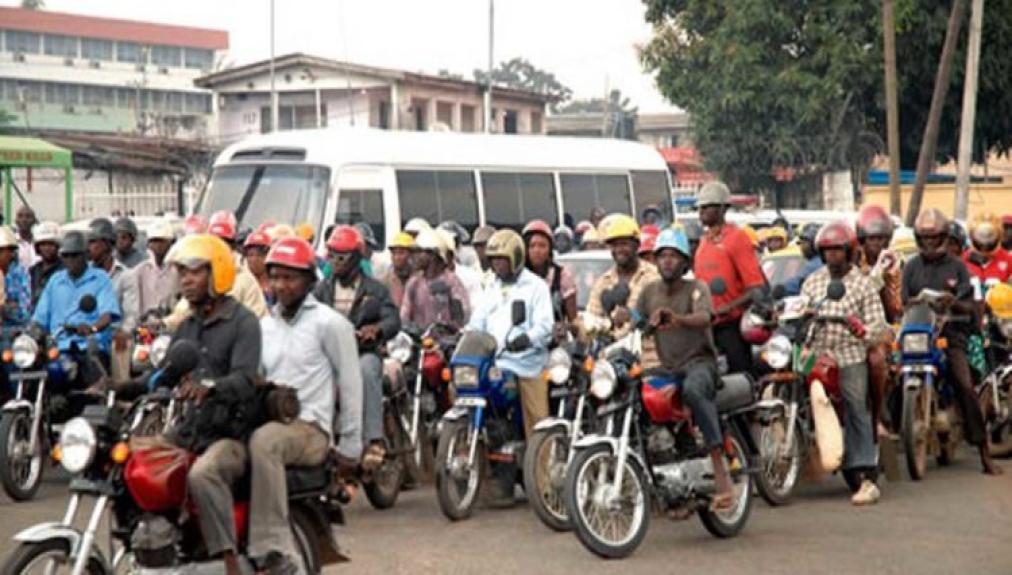


The Acting Director-General of the National Road Safety Authority (NRSA), Mr. Abraham Amaliba, has unveiled a comprehensive set of regulatory measures to be rolled out if Parliament approves the legalisation of commercial motorcycle operations (Okada).
These steps are part of an ongoing review process by a 13-member committee established by Transport Minister Joseph Bukari Nikpe to examine Section 128 (1), (2), and (3) of the Road Traffic Regulations, 2012 (L.I. 2180) — the current law that prohibits the commercial use of motorcycles and tricycles in Ghana.
Mr. Amaliba stated that Okada riders would be required to wear identifiable uniforms and reflective vests, making them easily distinguishable to the public and authorities. These measures will form part of a mandatory safety code that includes:
Prescribed helmet types for both riders and passengers
Reflective jackets for visibility
Standardized uniforms for identification
Special DVLA-issued number plates and licenses
Passenger helmets identical to those used by riders
“They [Okada riders] are going to be given uniforms to identify them, we will give them reflectors... The DVLA will give them special number plates and licensing. Then the police will enforce the law,”
— Abraham Amaliba on TV3
A key regulatory step will be the requirement for all commercial riders to be affiliated with registered unions. Mr. Amaliba explained that this will streamline identification, improve regulatory oversight, and allow authorities to hold unions accountable for their members’ conduct.
“We are not going to have individual okada riders walking to the offices to say, ‘I have a motorbike, I want to register.’ No.
You must be with a union that has executives. If a rider commits a crime, we’ll go through the union to find them. Things are going to change,”
— Mr. Amaliba
The NRSA plans to run intensive road safety education campaigns to instill a culture of discipline among riders. Any violations of the proposed laws will attract strict enforcement and penalties, ensuring public safety remains paramount.
To further reduce accidents and improve accountability, Mr. Amaliba revealed that the government will introduce advanced technological tools, including:
Speed-limiting devices installed on commercial motorbikes
Real-time GPS tracking systems for every registered bike
“We are going to provide them with speed limits... There will be gadgets in their motors that stop them from speeding.
Also, there will be a tracker in each motorbike — wherever you go, a computer is monitoring you,”
— Mr. Amaliba
The 13-member committee's final recommendations will be submitted to Parliament for consideration, paving the way for the possible integration of Okada operations into Ghana’s formal transport sector.
If approved, these changes will mark a transformational step in professionalizing the motorcycle transport industry, ensuring that public safety, security, and regulatory compliance are prioritized.
sounce : https://citinewsroom.com/